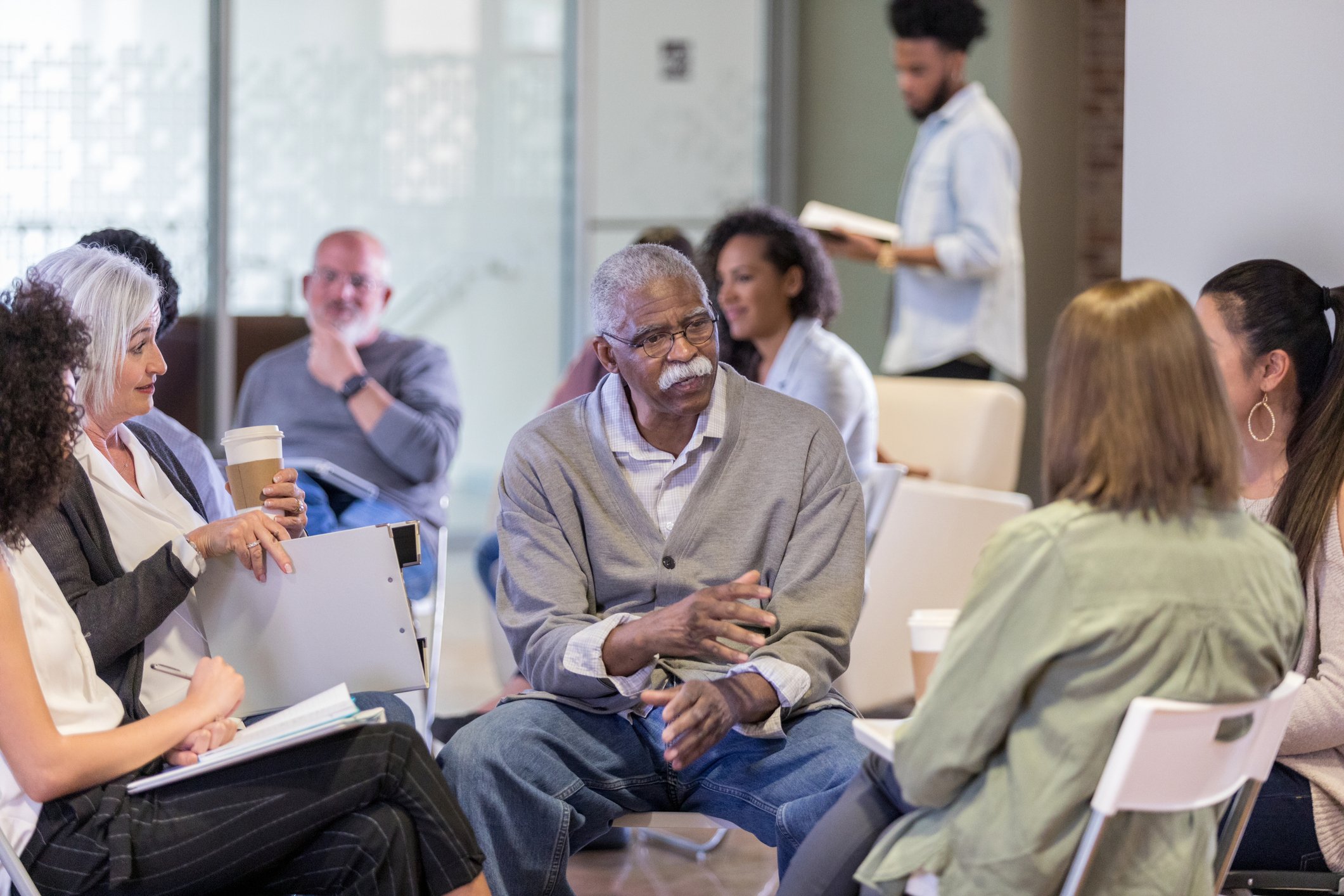Ethics and Engagement with Stakeholders: Interview with Prof. Lesley Wood
by Janet Salmons, PhD., Research Community Manager for SAGE Methodspace

Research design wass the SAGE Methodspace focus for the first quarter of 2023. In previous posts we raised questions about the value of engagement with stakeholders, drawing on Andrew Van de Ven’s 2007 book Engaged Scholarship: A Guide to Organizational and Social Research. Van de Ven suggested that we need to engage with the people who have direct first-hand knowledge and experience with the issues and contexts associated with the inquiry. He coined the term “engaged scholarship” and defined it as:

Learn more! Register here.
a participative form of research for obtaining the advice and perspectives of key stakeholders (researchers, users, clients, sponsors, and practitioners) to understand a complex social problem. By exploiting differences in the kinds of knowledge that scholars and other stakeholders can bring forth on a problem...engaged scholarship produces knowledge that is more penetrating and insightful than when scholars or practitioners work on the problems alone. (Van de Ven, 2007 p. 9)
An important point: when we think about engaging with participants, we must realize that by the time we have recruited participants most of the critical decisions have already been made.
Professor Lesley Wood is experienced with engaged, participatory research. After reading her articles, “The Ethical Implications of Community-Based Research: A Call to Rethink Current Review Board Requirements” and “‘But how will you ensure the objectivity of the researcher?’ Guidelines to address possible misconceptions about the ethical imperatives of community-based research” I wanted to learn more. Fortunately, she agreed to have a conversation, which you can view below.
In the interview Professor Wood mentioned this site, UNESCO Chair on Community Based Research and Social Responsibility in Higher Education, where you can find additional resources about ethics and engagement with stakeholders and participants.
More Methodspace posts about Participatory and Action Research
Learn about action and participatory research methods, and ways to design and carry out research with, not on, communities.
View the webinar and find a multidisciplinary collection of posts and videos from Alfredo Ortiz Aragón, Rosalind Beadle, Ernie Stringer and their colleagues.
Colin Forster and Rachel Eperjesi co-authors of the second edition of Action Research for Student Teachers offer tips for researchers who want to study children in classroom settings.
Decolonisation is not a peripheral but central concern to social research for change. Learn more from Caroline Lenette, author of Participatory Action Research: Ethics and Decolonization.
Learn about Sage books about designing, conducting, and analyzing data for action research and other participatory methods across multiple disciplines. You will find open-access preview chapters and a discount code.
Professor Lesley Wood is experienced with engaged, participatory research. In this post she offers researchers advice about how to think about your role.
Professor Lesley Wood explains why it is important to engage with stakeholders and participants, and how to build these practices into your own research.
In this guest post Catherine Collins describes ways to put action research principles into practice.
Using action research to understand Covid-19 experiences, a guest post by Hege Gravdahl Garelius.
The 11 co-authors of “Self-in-Field Action Research in Natural Spaces of Encounter: Inclusion, Learning, and Organizational Change” discuss their research.
Read this interesting post by Tineke Abma, Barbara Groot, Alie Weerman, Frederiek Overbeek, part of the Action Research series for October 2020.
Read this guest post about collaboration and action research by Melissa Parenti.
Reflections about co-creation in research.
Learn about how action researcher Ros Beadle invited Aboriginal women to tell their own stories.
Listen to a podcast interview with Dr. Alfredo Ortiz Aragón.
Learn about action research and the work of AR+
Watch this discussion of embodied and sentient action research methods with Iñigo Retolaza Eguren.
Action research and evaluation are inter-related topics in this guest post and video from Marina Apgar and Mieke Snijder.
A discussion about engaging participants in action research in a social work context.
See this interview with Ernie Stringer and Geoff Mills to learn how he applies action research in educational contexts.
View this discussion of participatory action research methods with Ernie Stringer and Susan Young.
View a conversation between Antonio Boyd and Dr. Cherese Childers-McKee about inclusion and action research.
Learn about how key action research principles allow for inclusion of marginalized people in this presentation from Alfredo Ortiz Aragon.
View a conversation between Ernie Stringer and long-time collaborator Darryl Kickett.
Learn more about the new edition of Action Research from Ernie Stringer and Alfredo Ortiz Aragon.





























Qualitative data analysis varies by methodology. Learn about approaches for action research in these open access articles.